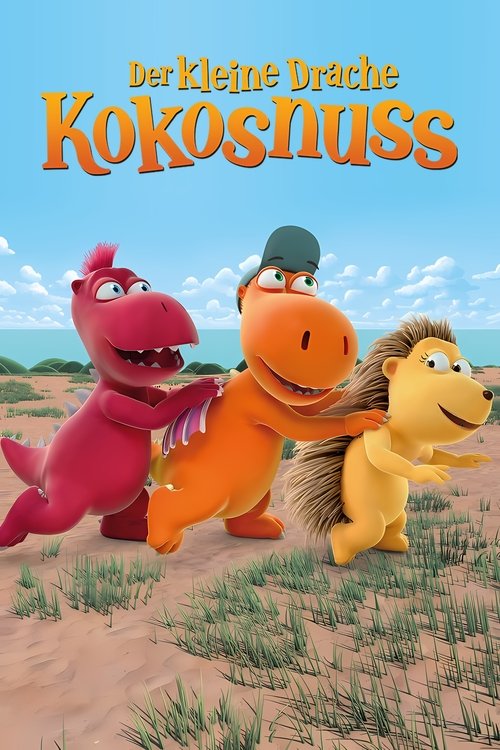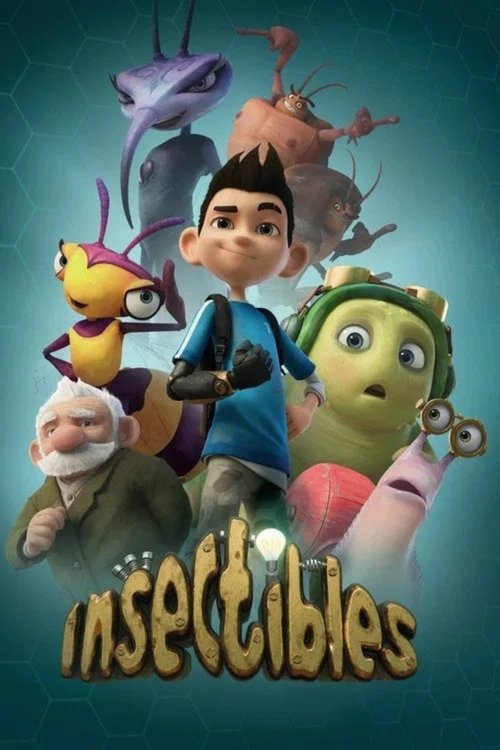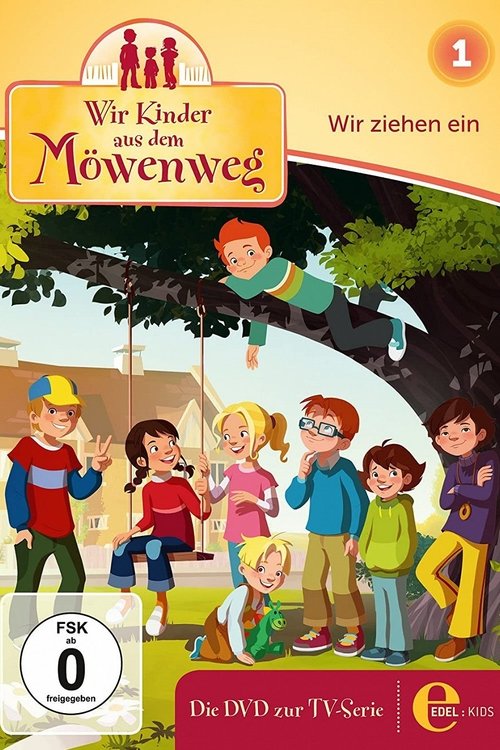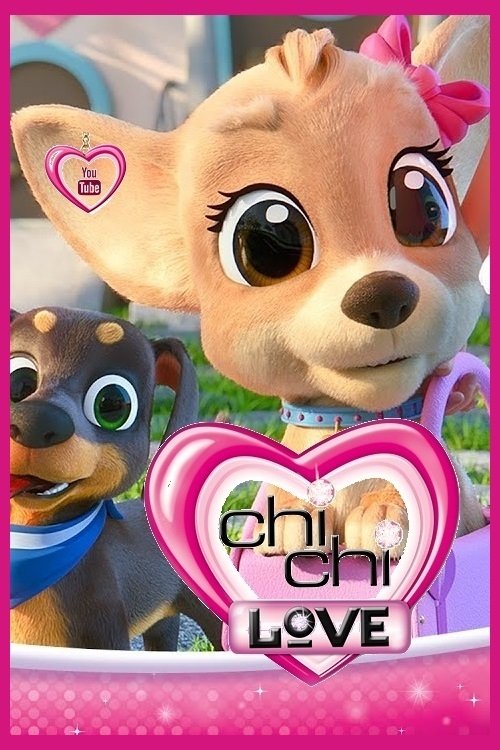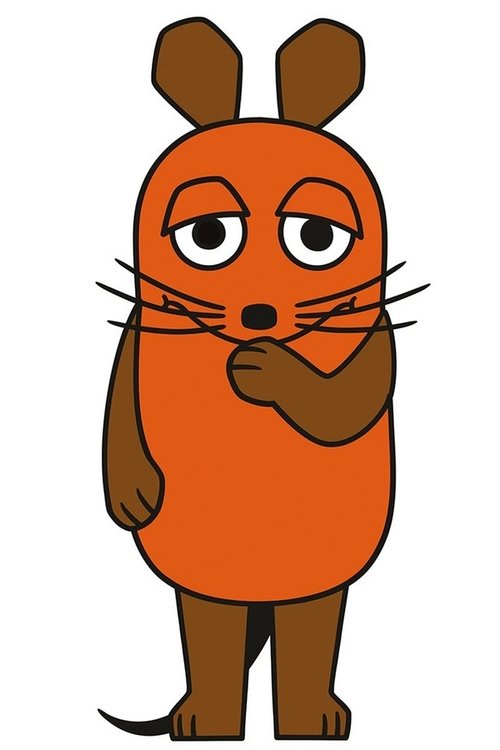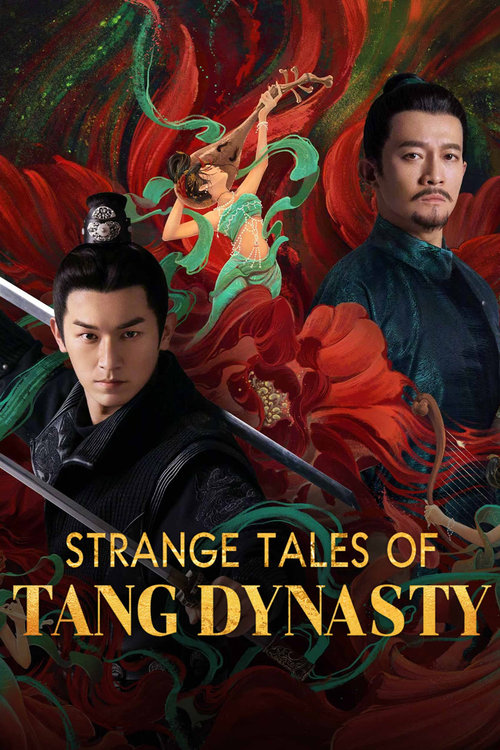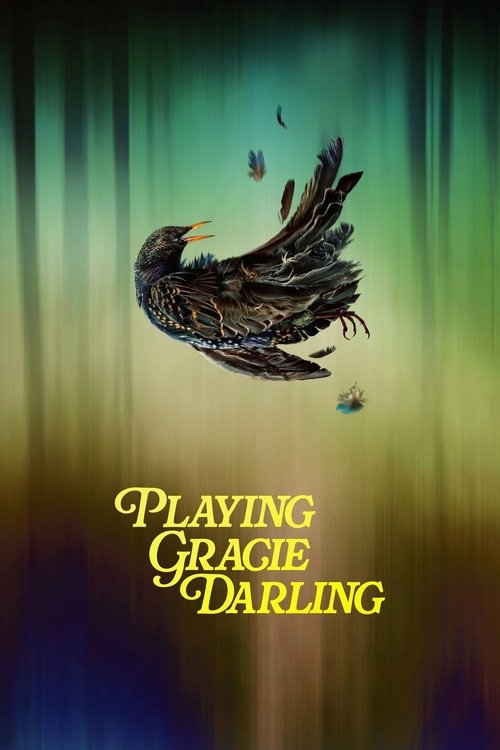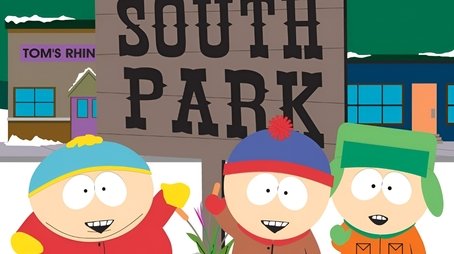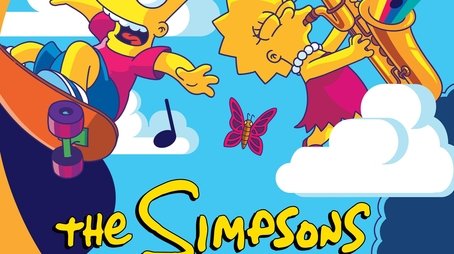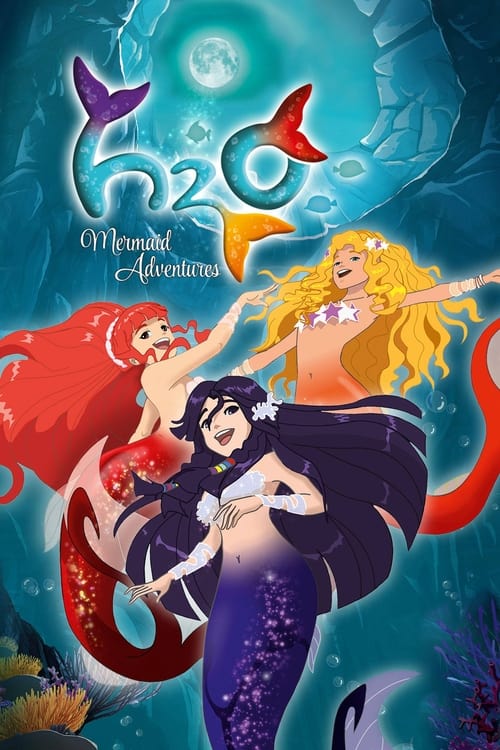
Ask Your Own Question
What is the plot?
In the opening scene of "It's Kind of Magic," the episode begins with Klump and his friends gathered in the schoolyard, excitedly discussing the upcoming talent show. Klump, feeling a bit insecure about his own abilities, expresses doubt about participating. His friends encourage him, sharing their own plans and aspirations for the show, which heightens Klump's anxiety but also sparks a flicker of determination within him.
As the day progresses, Klump stumbles upon a mysterious old magician named Mr. Whimsy, who is performing tricks in the park. Intrigued, Klump approaches him, and Mr. Whimsy offers to teach him some magic tricks. Klump, eager to impress his friends and gain confidence, eagerly accepts the offer. Mr. Whimsy hands him a deck of cards and begins to demonstrate a simple card trick, emphasizing the importance of practice and belief in oneself.
Later that evening, Klump practices the card trick in front of his mirror, struggling to get it right. Frustrated, he accidentally spills a drink on his practice cards, causing them to stick together. In a moment of desperation, he wishes for the ability to perform real magic. Unbeknownst to him, this wish is overheard by Mr. Whimsy, who is watching from a distance, intrigued by Klump's desire.
The next day, Klump wakes up to find that he has indeed gained magical powers. He discovers that he can make objects levitate and perform other tricks without any effort. Excited, he rushes to school to show his friends. At first, they are amazed and cheer him on, but as Klump's confidence grows, he begins to rely too heavily on his newfound abilities, neglecting the practice and effort that initially inspired him.
As the talent show approaches, Klump's reliance on magic leads to a series of mishaps. During a rehearsal, he accidentally causes chaos when a levitating table crashes into a wall, startling his friends and drawing the attention of the teachers. Klump's friends express concern, urging him to focus on his original plan and practice rather than relying solely on magic. Klump, feeling defensive, brushes off their advice, convinced that he can impress everyone with his powers.
On the day of the talent show, Klump is nervous but excited. He takes the stage, ready to showcase his magic tricks. However, as he begins his performance, things start to go wrong. His first trick, intended to be a card reveal, backfires when the cards explode into confetti, leaving the audience confused. Klump panics and tries to salvage the performance with more magic, but each attempt only leads to further chaos, culminating in a giant puff of smoke that engulfs the stage.
In the midst of the confusion, Klump realizes that he has lost control of the situation. He sees the disappointment on his friends' faces and feels a wave of shame wash over him. In a moment of clarity, he decides to abandon the magic and instead, he addresses the audience directly, admitting that he had relied too much on tricks and not enough on his own abilities. He shares a heartfelt message about the importance of practice and being true to oneself.
The audience, moved by Klump's honesty, begins to cheer him on. Encouraged, Klump performs a simple card trick that he had practiced with Mr. Whimsy, and this time, it goes perfectly. The crowd erupts in applause, and Klump's friends beam with pride. Klump realizes that his true talent lies not in magic, but in his ability to connect with others and share his passion.
As the episode concludes, Mr. Whimsy watches from the back of the auditorium, a satisfied smile on his face. Klump, now more confident and grounded, thanks his friends for their support and vows to continue practicing his skills, both in magic and in life. The episode ends on a high note, with Klump and his friends celebrating their friendship and the lessons learned throughout the experience.
What is the ending?
Is there a post-credit scene?
What magical trick does Klump perform that surprises his friends?
In this episode, Klump performs a stunning card trick that leaves his friends in awe. He skillfully shuffles the deck and manages to predict the card that each of his friends will choose, showcasing not only his sleight of hand but also his deep understanding of their personalities.
How does Klump's confidence change throughout the episode?
Initially, Klump is nervous about performing magic in front of his friends, fearing they won't take him seriously. However, as he successfully executes his tricks, his confidence grows, leading him to embrace his talent and even attempt a more complex illusion by the end of the episode.
What role do Klump's friends play in his magic performance?
Klump's friends serve as both his audience and his support system. They encourage him to showcase his magic, providing both comic relief and genuine admiration. Their reactions range from skepticism to amazement, which helps Klump gauge his performance and boosts his self-esteem.
What is the significance of the magic wand that Klump uses?
The magic wand symbolizes Klump's journey of self-discovery and empowerment. Initially, it is just a prop, but as Klump learns to wield it with confidence, it becomes a representation of his newfound belief in himself and his abilities.
How does Klump's relationship with his friends evolve during the episode?
Throughout the episode, Klump's relationship with his friends deepens as they bond over the magic tricks. Their initial doubts transform into support and admiration, culminating in a heartfelt moment where they express their pride in Klump's talent, reinforcing their friendship.
Is this family friendly?
In the episode "It's Kind of Magic" from the show Klump, there are a few elements that may be considered potentially objectionable or upsetting for children or sensitive viewers.
-
Mild Frightening Scenes: There are moments involving magic tricks that go awry, which could be startling for younger viewers. The visual effects may create a sense of suspense or mild fear.
-
Emotional Conflict: Characters experience feelings of jealousy and disappointment, which could resonate with children who are sensitive to themes of friendship and acceptance.
-
Mild Humor: Some jokes may involve misunderstandings or mishaps that could be perceived as mean-spirited, depending on the viewer's sensitivity to humor that plays on social dynamics.
-
Thematic Elements: The episode explores themes of self-identity and the pressure to impress others, which might be relatable but could also evoke feelings of insecurity in some viewers.
Overall, while the episode is designed to be family-friendly, these elements may require parental guidance for younger audiences.


